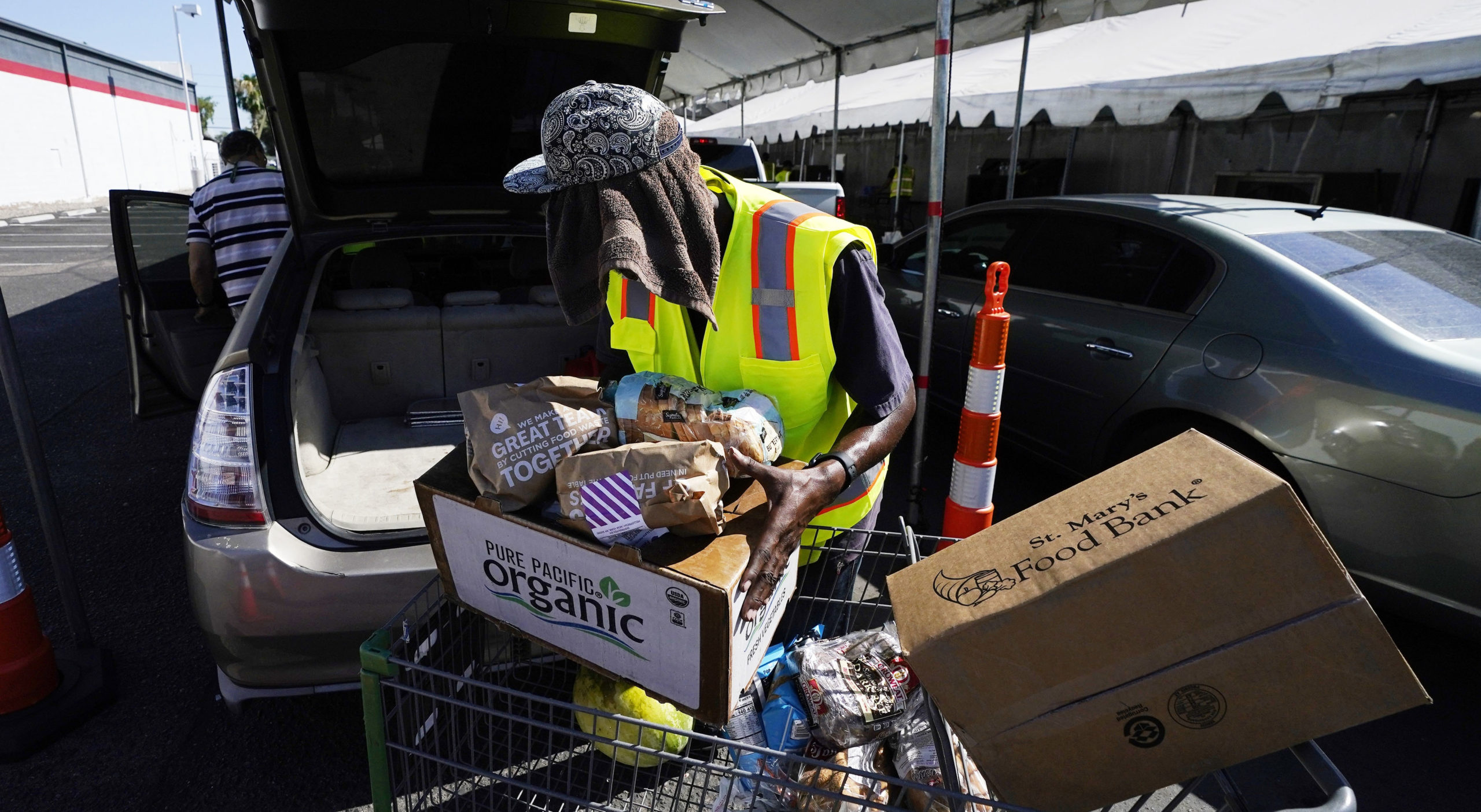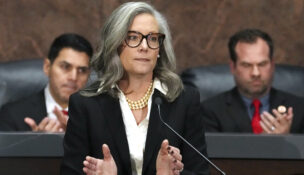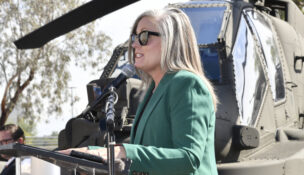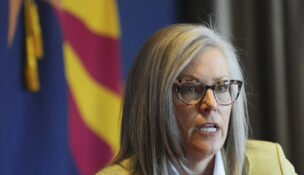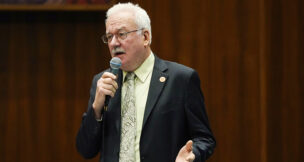The rainmaker: Ducey played major role in 2016 cycle, helping raise $12M
Jeremy Duda//December 5, 2016//
The rainmaker: Ducey played major role in 2016 cycle, helping raise $12M
Jeremy Duda//December 5, 2016//
He may not have been on the ballot, but Gov. Doug Ducey had a greater impact on Arizona’s 2016 elections than most of the people who were. Including the campaign...






